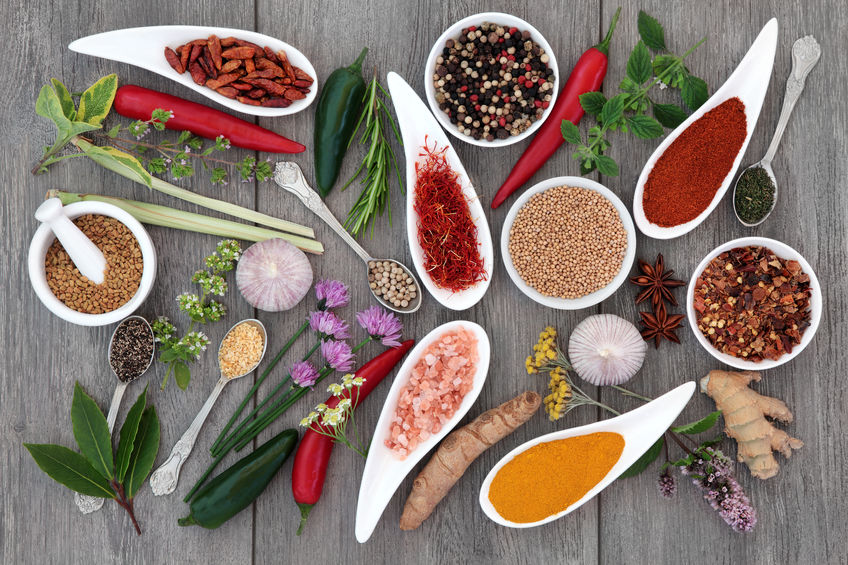
Chronic pain can come from any number of sources. Even knowing the source doesn’t always guarantee relief. Some chronic pain conditions can be exacerbated by nutritional issues; still others may be relieved to some degree by changes in dietary habits. No food or drink can cure all pain, but what follows are some guidelines to follow that may improve the lives of chronic pain patients. Remember to speak to a qualified orthopedic specialist if your condition changes or worsens.
Eating to Prevent Symptoms
- Vitamins: A lack of certain vitamins or minerals can dramatically worsen chronic pain conditions, like neuropathy. In addition to taking a quality multivitamin, have your blood levels regularly checked for deficiencies.
- Minimize Caffeine: Avoiding caffeine entirely may be unrealistic, but more thoughtful consumption of caffeine, tobacco, and other stimulants can improve sleep quality, which often reduces chronic pain.
- Healthy Oils: Oils, such as olive oil, may prevent inflammation, and are generally a healthier choice than butter or margarine.
Eating to Ease Pain
- Essential Fatty Acids: Found in fish, nuts, and dark green leafy vegetables, these dietary superstars may reduce inflammation and improve immune responses.
- Check Gluten: “Gluten-free” has become the new dietary fad, but getting checked for celiac disease/gluten intolerance is often overlooked as a pain management path.
- Spice it Up: Herbs, such as thyme, and spices, such as turmeric, seem to help many patients feel less daily discomfort, and it’s no hardship to incorporate them into familiar dishes to increase palatability.
The best nutritional suggestion to fight chronic pain? Eating a healthy, balanced diet full of fresh, locally-grown produce. Follow the FDA’s dietary guidelines, avoid too many sweets or overly-processed foods, and opt for more frequent, small meals. Your body cannot fight off pain or diseases when you don’t have all the sustenance and resources it needs. For more ideas on how to reduce symptoms or improve day-to-day functioning, visit our website!







